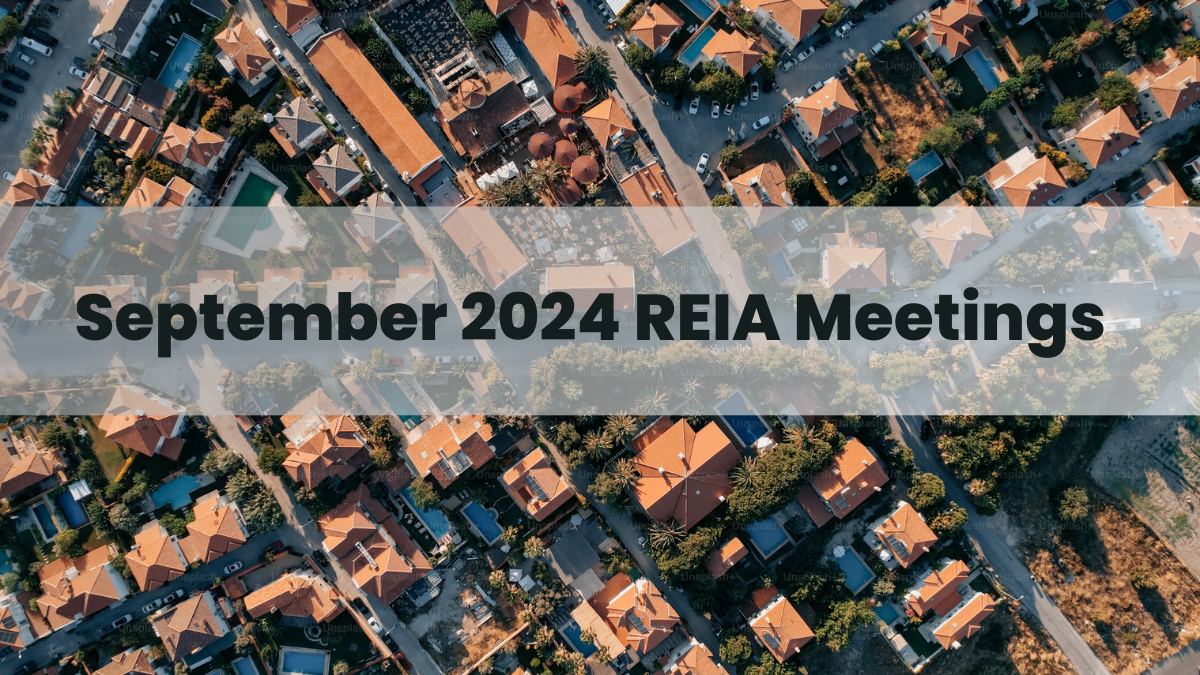Watch Out for These Top 5 Contractor Scams [Plus Preventive Measures]
Hiring contractors and making sure that quality work is done on your properties are extremely important steps in your real estate journey. While many contractors are very hardworking and trustworthy, encounters with a few bad ones can waste your time and money.

Here are 5 signs that a contractor is about to scam you. Watch out for these false promises and avoid being cheated of your hard-earned cash.
#1 The advance deposit
This is when your contractor tells you, “I will need the money upfront.” Scheming contractors will ask for 30%-50% of the project price before any work has even begun. This is a red flag, and you need to be on alert if you find yourself in this situation.
If legit contractors need any money to get started, they will ask for 10% of the whole project price (at most), or they’ll ask for the cost of the materials. Although, lots of suppliers will provide materials to reputable contractors on credit.
There’s a legal limit in some states as to how much contractors can receive for prepayments. Make sure to look this up before you do anything else. Sometimes, contractors ask for money right off the bat to make sure you’re serious about giving them the job, but don’t blindly follow their requests. If you think something’s fishy, believe in your gut feeling!
#2 Verbal promises
Sometimes, contractor scams occur once a project is already underway. One elaborate scam to beware of is the “take my word for it” promise.
Your contractors may be doing a really good job at first, and they suggest possible upgrades on the house (seemingly free of charge). You may verbally agree with them to get the upgrades done and never get the suggested changes put into a contract. Soon enough, the extra suggestions aren’t being fulfilled and the contractors are demanding more money.
To prevent something like this from happening, make sure that all additions are put onto the contract and signed off by both parties. Make sure the contract has specifications about prices and the expected quality of installations and fixtures.
Even if you and your contractors agree to change something small like the color of a fixture, demand that the change be added to the written contract. Not only would you be ensuring the results you want, you would also be clarifying your expectations with your contractors, leaving no room for misinterpretation and negotiation.
#3 Permit not needed
Construction projects require building permits that are issued by the city. You have the legal responsibility of getting permits sorted out before construction begins. Building and city officials need to confirm that your project meets safety and health codes before they can allow you to proceed with contracting work.
Sometimes, contractors for smaller jobs may try to justify that a permit isn’t necessary. They may reason that the city won’t even notice that small construction is happening. DO NOT take this risk and apply for the needed permits just to be safe.
On larger jobs, contractors looking to cheat may tell you to apply for a homeowner’s permit rather than a building permit. Although the process to apply for the former is quicker, there are many risks. Registering for a homeowner’s permit makes YOU responsible for all the work done and not the contractor, so you become responsible for inspections and breaches of safety codes.
If your contractors are being iffy about applying for permits, set your foot down and demand that they either get the permits sorted or they don’t get the job.

#4 The unforeseen issues
This is when your contractors tell you that they’ve encountered unforeseen issues when the project is almost over. Usually, these issues include structural problems, bug infestation or extra changes that you requested. They will demand that you pay more money than the original price that was agreed upon because of circumstances out of their control.
While some increased costs may be legit, check with a home inspector to verify whether the contractors are being accurate and honest. Some contractors project for lower costs in the beginning to get the job but then hike up prices in the end.
A way to avoid this scam is to include a procedure for change orders in the original contract that both sides sign off on. Change orders are mini contracts with descriptions and fixed prices for additions to the original job.
Both parties must sign the change orders before the extra work starts.
#5 Extra materials for sale
Driveway paving companies usually do this hoax. They knock on your door and offer unused asphalt and concrete for extremely low prices.
Their reasoning is that they overestimated how much they would need for a project. They want to get rid of everything. Although there’s a small chance that the people are really offering an amazing deal, do not accept!
Your safest bet is to never hire a supposed contractor on the spot. On top of that, credible and experienced contractors should be good at estimating how much material they need for a job.
Take these preventative measures…
- Make sure a detailed written contract is signed by you and the contractors. It should include descriptions for even the smallest subtasks and procedures for change orders.
- Insist on proof of proper licensing.
- Ask for a list of suppliers (with contact information) that the contractors plan on working with.
- NEVER make large deposits of money.
- Never hire on the spot. Check the credentials of your contractors with the Better Business Bureau.
Finding skilled and honest contractors is crucial to your success in real estate investing. Be on the watch for these five common scams and make sure your hard-earned cash falls in the right hands.






